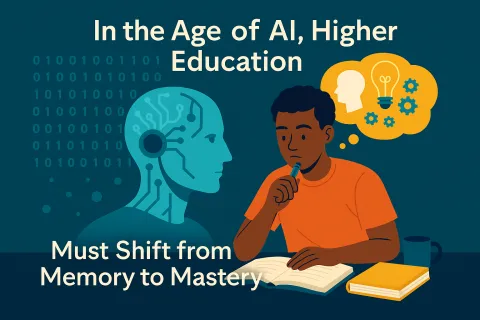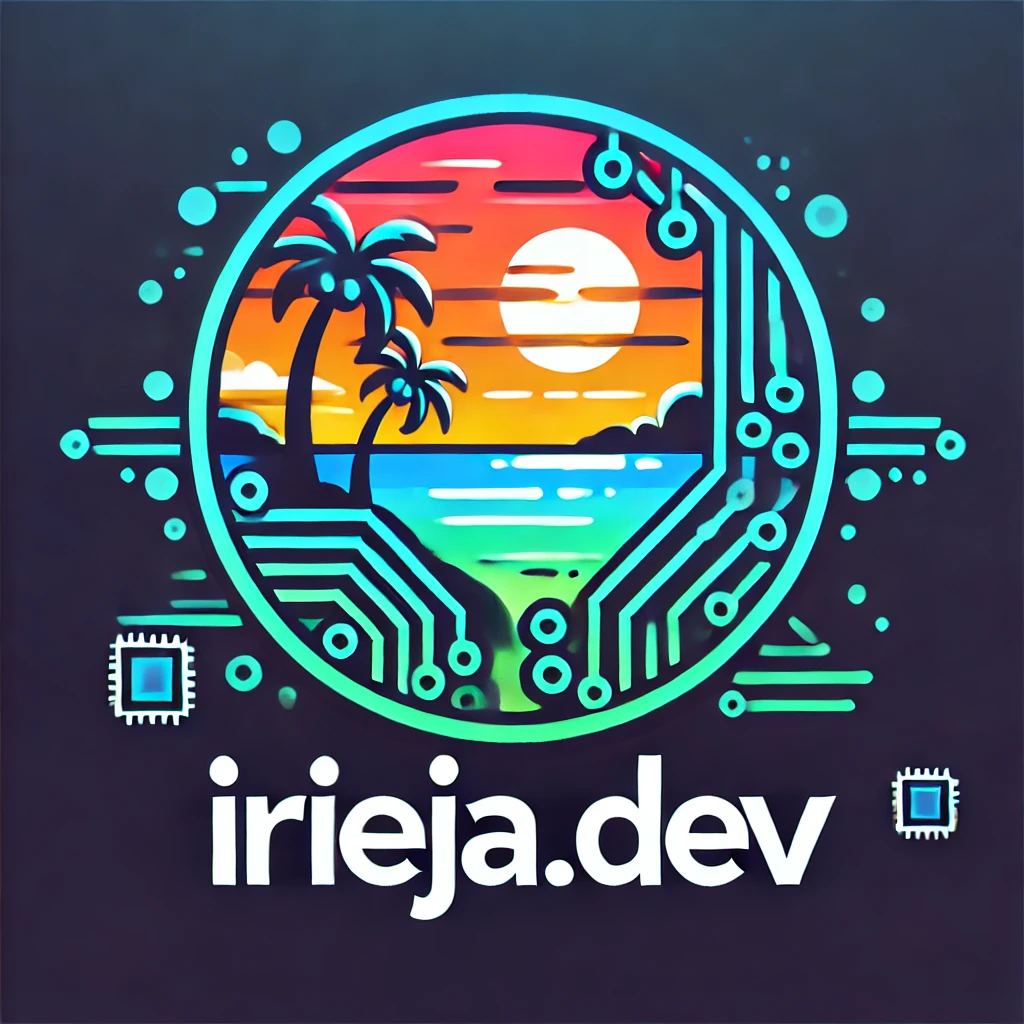
As artificial intelligence (AI) continues to transform industries, it's becoming clear that higher education must undergo a similar transformation. With tools like ChatGPT and other generative AI systems now widely accessible, we must ask: What is the purpose of higher education in a world where machines can recall and reproduce facts instantly?
The answer lies in rethinking how we teach and what we value in learning. It’s time to move away from a system that rewards rote memorization and instead foster the uniquely human skills that AI cannot replicate—critical thinking, creativity, contextual analysis, ethical reasoning, and collaboration.
Why Critical Thinking Matters More Than Ever
AI tools are masters of information retrieval. They can summarize documents, solve equations, translate languages, and even draft essays. But while AI is exceptional at processing and presenting data, it does not understand the meaning behind that data, nor can it form independent moral judgments or question a premise.
That’s where human thinking becomes essential. The modern world needs individuals who can:
Evaluate sources and detect bias
Synthesize ideas from multiple disciplines
Interpret complex human experiences
Make ethical decisions under uncertainty
Lead with empathy and foresight
These are not skills you can develop through memorization—they require deliberate practice in reasoning, discussion, and reflection.
What Higher Education Needs to Do Differently
To meet this new reality, universities must evolve. The role of higher education is no longer simply to transmit knowledge—it is to cultivate discernment, curiosity, and the ability to navigate complexity.
This means:
Designing assessments that reward exploration, argumentation, and creativity rather than just correct answers
Encouraging collaboration and discussion, not just solo study
Integrating real-world problem-solving into coursework
Training faculty to guide students in using AI tools responsibly and intelligently
In essence, the classroom must become less of a test hall and more of a laboratory for ideas and insight.
Do Caribbean and Developing Countries Have an Advantage?
This might come as a surprise, but the answer could be yes—if we are bold and strategic.
1. Less Institutional Inertia
Developing nations often have more flexibility in educational policy and design. With fewer entrenched legacy systems, they can adopt new models faster, experiment more freely, and leapfrog outdated approaches.
2. Cultural Strengths That Align with Modern Learning
The Caribbean, for example, has a rich tradition of storytelling, debate, music, and communal learning. These methods naturally support critical thinking and collaborative learning, far more than rigid, colonial-era education systems still common elsewhere.
3. Opportunity to Build with Purpose
By integrating AI tools intentionally—not as replacements, but as learning partners—Caribbean institutions can design agile, inclusive, and context-relevant education models that prepare students for both local and global challenges.
4. Real-World Urgency
Developing countries face pressing issues—climate change, inequality, migration, public health—that demand adaptive problem-solving and civic responsibility. This context can drive a learning culture that is practical, innovative, and deeply engaged with the world.
Conclusion: From Knowing to Thinking
In the AI era, the premium is no longer on what you know, but on what you can do with what you know. Higher education must respond by nurturing minds that question, create, and connect ideas—not just repeat them.
For the Caribbean and the wider developing world, this is not just a challenge—it’s an opportunity to lead differently. By embracing our cultural strengths and educational flexibility, we can redefine success—not by catching up to the past, but by designing a smarter, more human-centered future.
